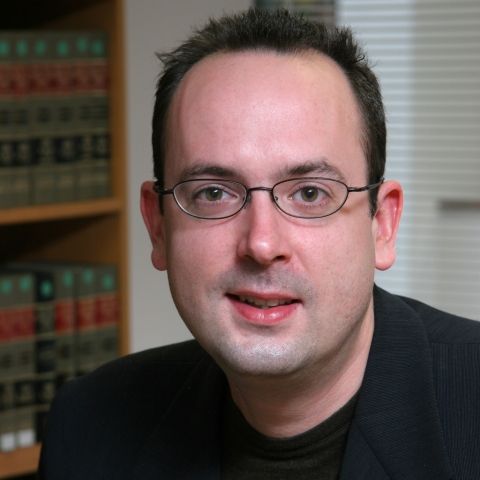
This paper examines the feasibility of a proposed criterion for the admission of expert econometric testimony. Professor David Kaye suggests that the admissibility of testimony by experts in economic statistics should turn on whether the statistical method applied by an expert is recognized as valid when applied to the type of problem at issue in the case. Kaye refers to this as determining the validity of the "major premise" of the statistical method employed in the proposed testimony. According to Kaye, if that threshold determination is favorable, the jury should decide whether the statistical method is properly applied to the specific problem at issue in the case - what Kaye calls the "minor premise" of the proposed testimony.
This paper suggests that Kaye's proposed distinction between major and minor premises in social science research is largely illusory. In practice, econometric methods must be carefully tailored to the data available for the investigation of an economic market. In many, perhaps most, cases, there might not be any method generally recognized as valid when applied to the type of economic problem at issue in a particular case. Further, the distinction between a new economic model and a variation on an existing model does not appear to be a scientific distinction, so it is not clear what principles would inform a judge in drawing a line between the two.